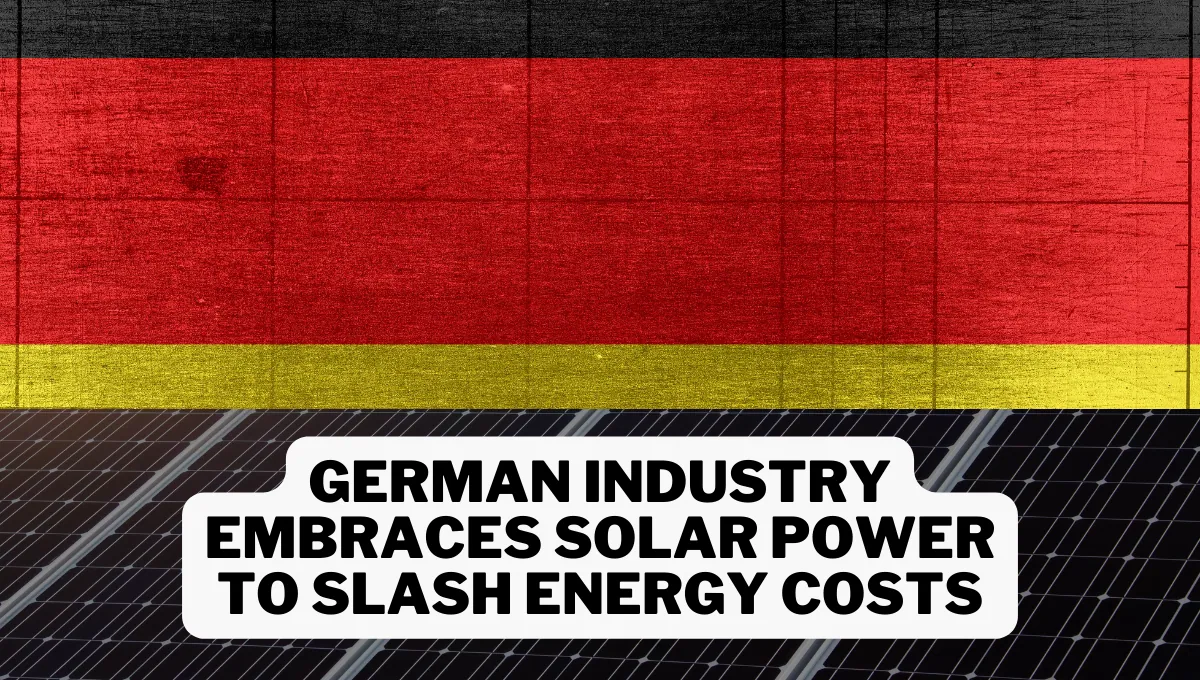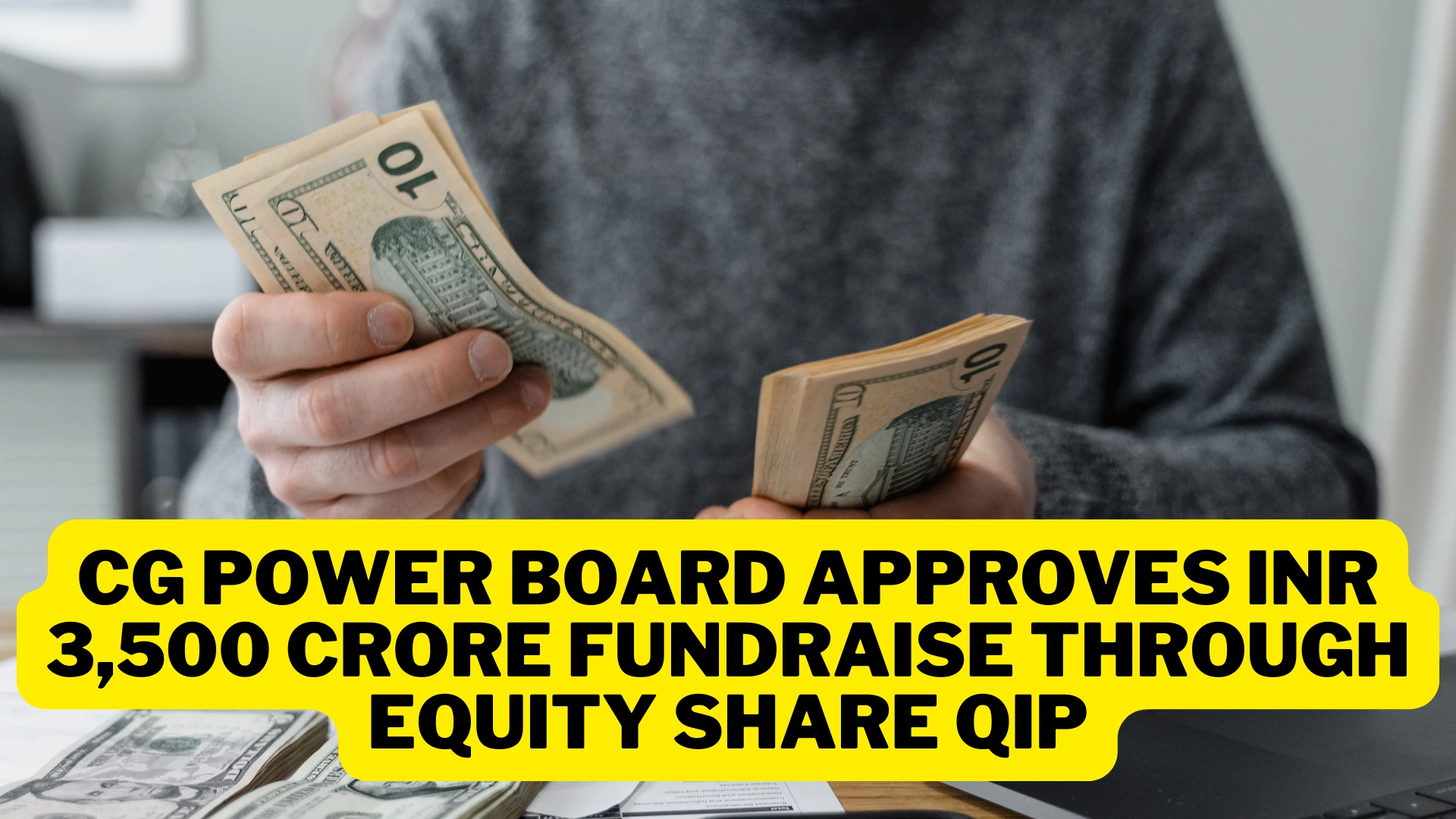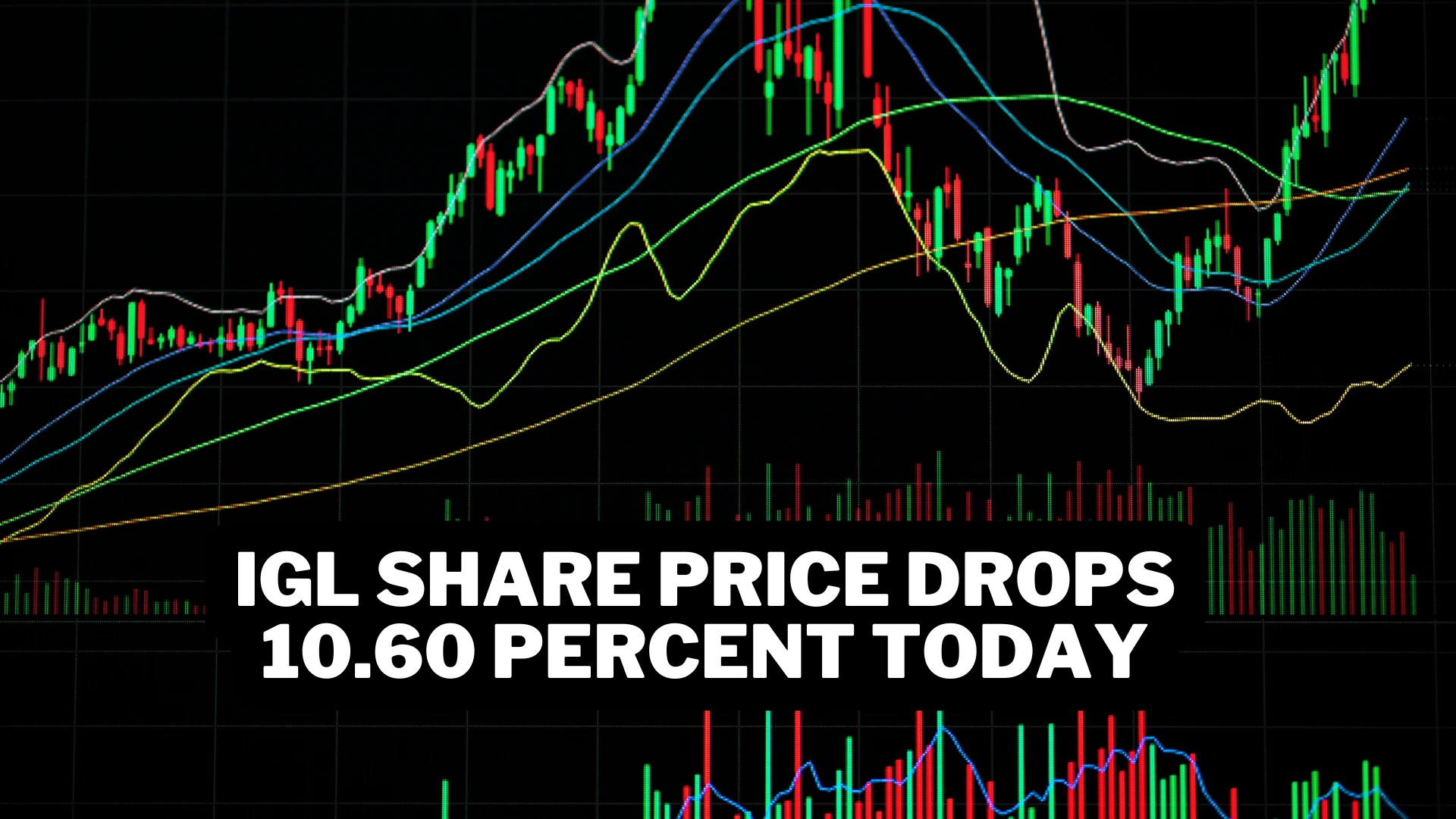For months, Philip Matthias advocated for the installation of solar power on the roof of his family’s metal products factory in Thuringia, eastern Germany.
The goal was to reduce electricity costs and carbon emissions. Initially skeptical about the 2.3-million-euro ($2.5 million) investment, Matthias’ father eventually saw the potential benefits.
After re-evaluating the numbers, he decided to nearly double the project’s capacity, opting for photovoltaic modules that could power around 900 households in addition to the factory.
The Financial Appeal of Solar Investment
“The PV systems amortize after about 7-1/2 years. The manufacturer gives a guarantee of 20 years. That means this is an extremely lucrative investment,” according to Matthias.
This long-term financial appeal is becoming increasingly attractive to businesses in Germany, especially in the wake of the energy crisis spurred by the war in Ukraine and the subsequent reduction in fossil fuel exports from Russia.
Government Policies Accelerate Solar Expansion
In response to the energy crisis, Berlin has implemented laws to expedite the expansion of solar power. The government aims to cover 80% of the country’s energy needs with renewables by 2030.
Encouraged by a feed-in tariff that guarantees a price to renewable energy producers selling their power, along with decreasing solar panel costs, German companies are increasingly adopting solar power to mitigate high energy expenses.
Overcoming High Energy Costs
Despite Germany having the largest capacity for solar and wind power generation in Europe, small and medium-sized enterprises (SMEs) have not yet benefited from reduced electricity prices.
High grid fees and taxes continue to burden these businesses. By generating their solar power, companies can avoid these additional costs.
In 2023, companies consumed around 69% of Germany’s national electricity, according to the BDEW utilities association.
Rising Adoption of Solar Power
Marie-Theres Husken, an energy expert for the BVMW association for SMEs, noted, “As electricity prices in Germany show no signs of decreasing as previously anticipated, companies are increasingly recognizing the economic viability of installing solar panels.”
Data from the BSW Solar Power Association shows that newly installed photovoltaic capacity on business rooftops rose by 81% year-on-year in the first four months of the year, significantly outpacing the 1% growth in the residential sector.
Survey Highlights Solar Adoption Plans
A May survey by pollster YouGov revealed that more than half of German companies with suitable roofs plan to install solar power systems within the next three years.
The BVMW forecasts that nearly all manufacturing companies in Germany will utilize solar energy by 2030.
Responding to this growing demand, Germany’s largest residential solar power developer, Enpal, announced its expansion into the commercial sector in April.
Sustainable Growth in Commercial Solar
“The demand was not as instant… but the growth is going to be very sustainable,” stated Melchior Schulze Brock, CEO of commercial and industrial solar startup Enviria.
An April study by the Freiburg-based Institute for Applied Ecology found potential to install up to 287 gigawatts (GW) of solar capacity along German roads, railways, parking lots, and industrial areas.
This capacity exceeds Berlin’s 2030 target of 215 GW and could significantly reduce reliance on agricultural land, where permitting and planning approvals can take up to a decade.
Falling Solar Panel Prices Drive Adoption
The global drop in solar panel prices since last year has further incentivized companies to adopt solar energy.
“The market is overrun with cheap but good panels from China. That means that the system we are building now is about 20% cheaper than a year ago,” Matthias noted.
Legislative Support Boosts Solar Projects
A German legislative package passed in April, easing regulations and increasing subsidies for large rooftop systems, along with a pending tax investment reform for real estate funds operating rooftop solar panels, is expected to further drive demand.
State feed-in subsidies for large-scale rooftop photovoltaic projects, introduced in 2021 and selected via tender, have also boosted this trend.
The last tender for subsidized projects in February saw a 107% rise in the number of offers year-on-year, according to the Federal Grid Network Agency.
Economic Viability and Feed-In Tariffs
A feed-in tariff of 9.3 euros cents per kilowatt-hour, higher than Tridelta’s power purchasing price, currently makes it cheaper for the company to sell future generated electricity to the grid and buy it back.
This economic model is being adopted by many German companies seeking to optimize their energy costs.
Industry Expert Insights
“There’s a high correlation between the feed-in tariffs and the build-up of solar PV rooftop projects,” said Hugo Willink, Executive Director at solar roofs developer Sunrock.
Sunrock, which secured an order from Mercedes Benz in May to build a 23-megawatt solar project on the carmaker’s factory roofs, views Germany as its core market for the coming year.
Conclusion
German industry is increasingly turning to solar power as a strategic move to slash energy costs and enhance sustainability.
The combination of government incentives, falling solar panel prices, and the economic benefits of generating their power is driving businesses to invest in photovoltaic systems.
This trend not only helps companies manage their energy expenses but also contributes to Germany’s broader goal of transitioning to renewable energy sources.
As more businesses embrace solar power, the country is poised to make significant strides toward its ambitious energy targets, setting an example for industrial sectors worldwide.










